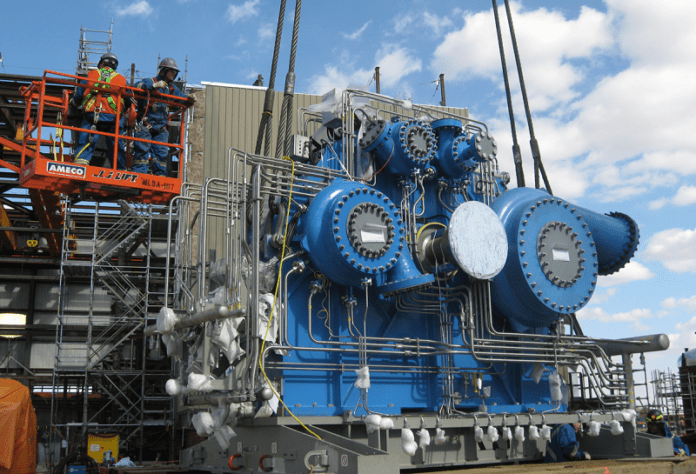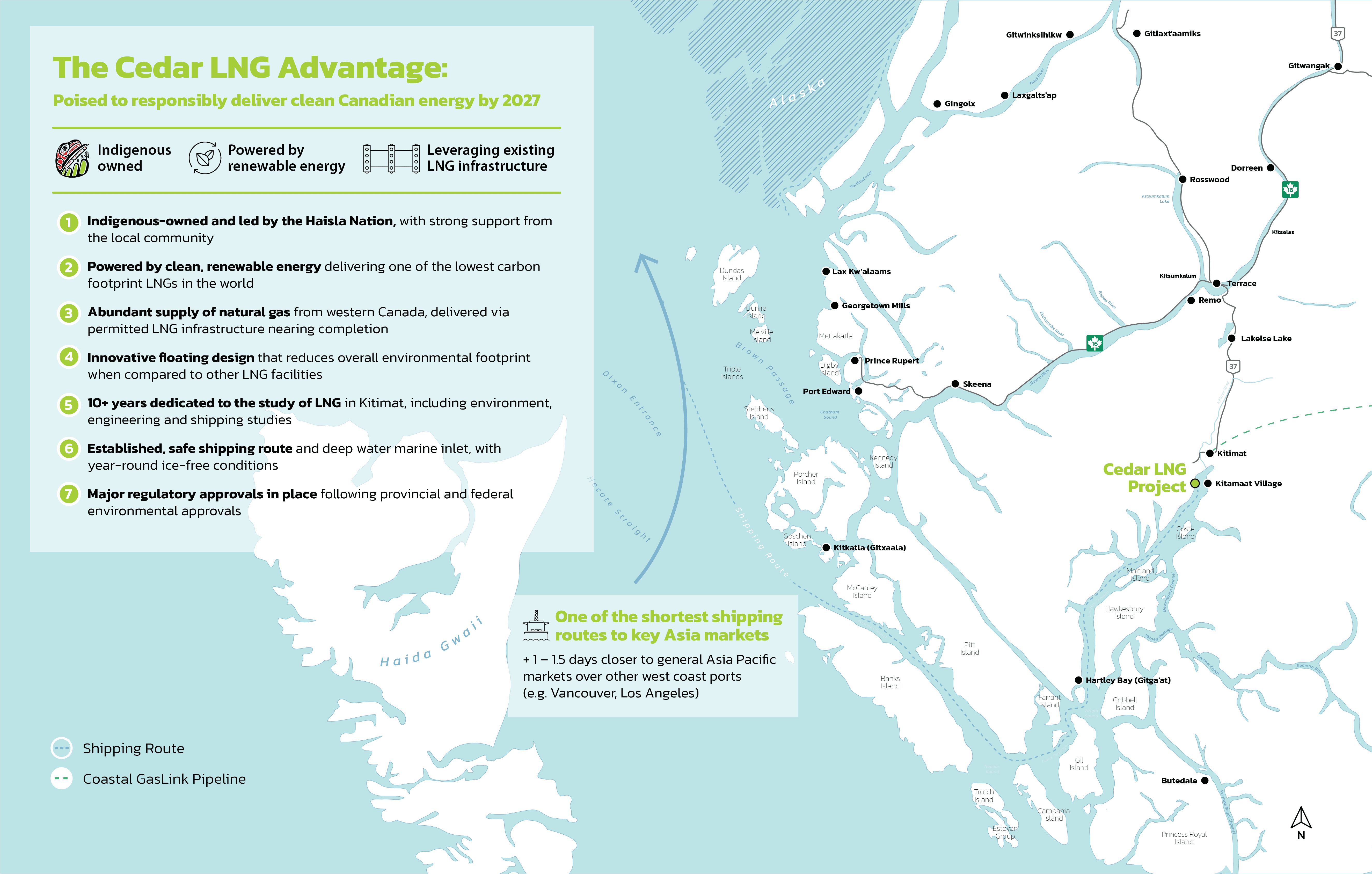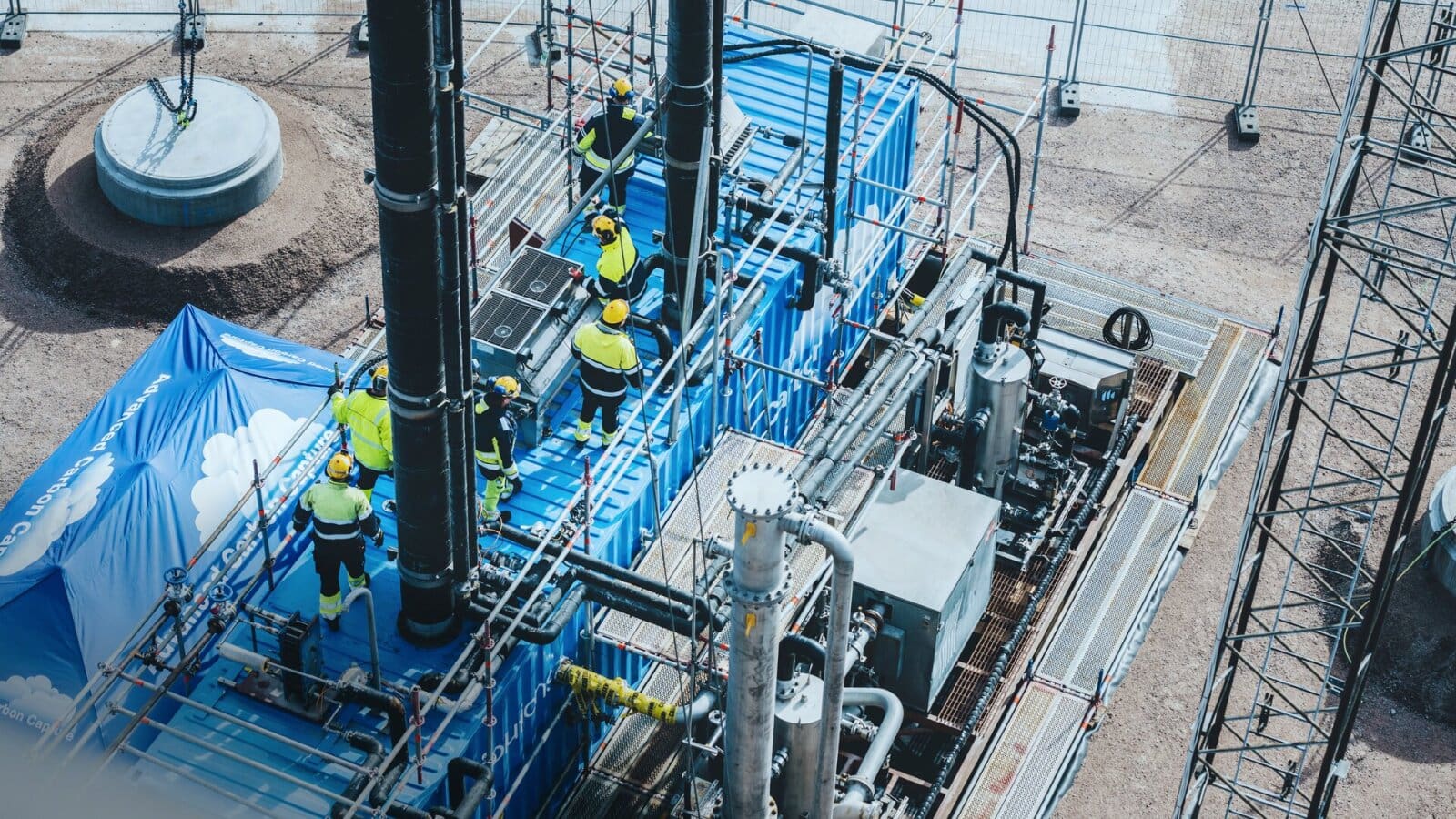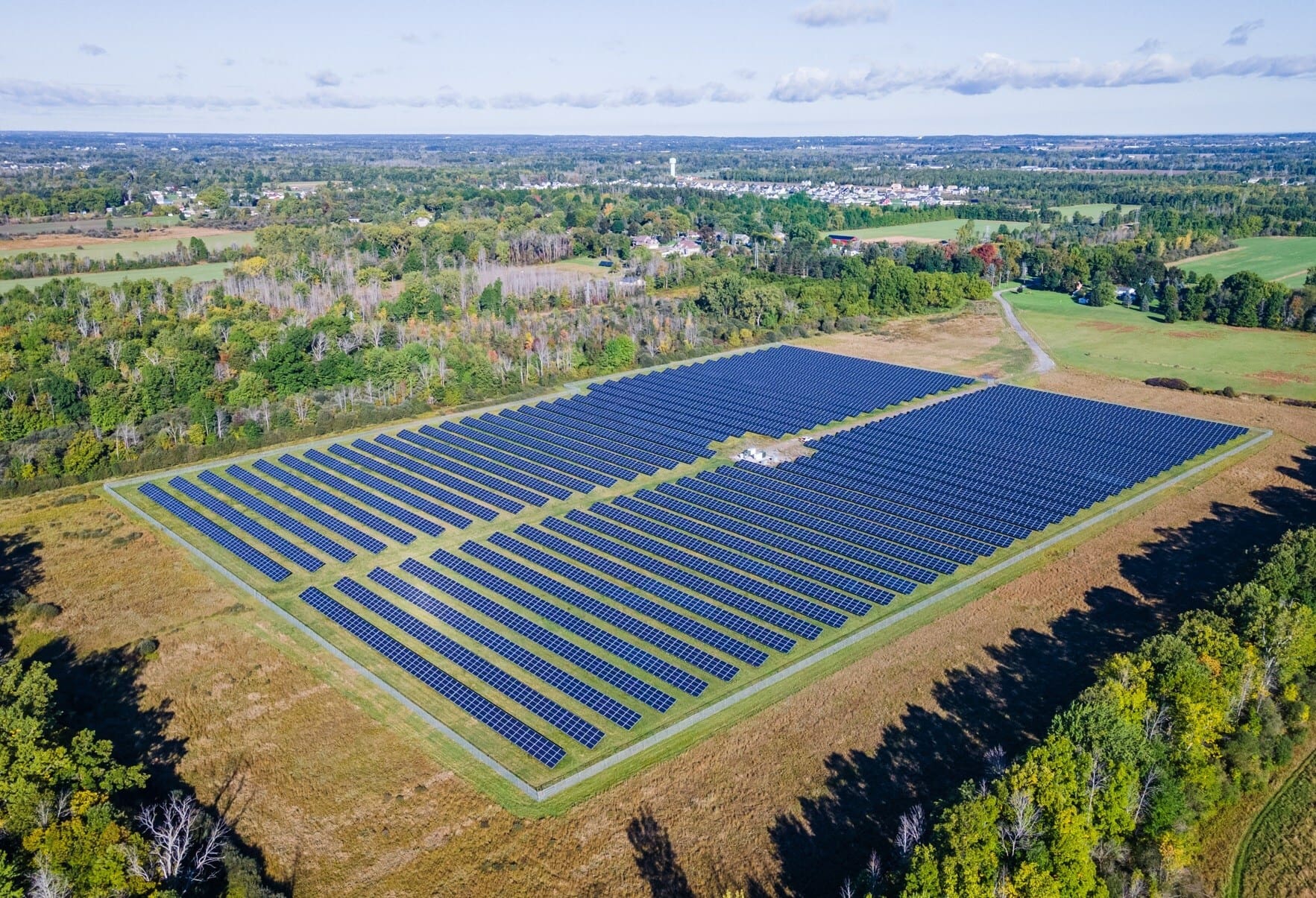
MAN Energy Solutions has been a global provider of turbomachinery and large-bore gas and diesel engines for more than 250 years. Headquartered in Augsburg, Germany, with more than 120 locations globally, the company’s product and services portfolio plays an important role in the transition toward a carbon-neutral future. Our team sat down with Mathias Scherer André, senior vice president of Sales & Project Management Industries at MAN Energy Solutions, to discuss the challenges and opportunities facing the compression industry today, the company’s place in the transition to renewable energy, and what lies ahead for the for the industry and for MAN Energy Solutions.
In your opinion, what are the biggest challenges facing the gas compression industry today? What is MAN Energy Solutions doing to address these challenges?
Mathias: We see two challenges in the marketplace. There is a strained supply chain right now. You read about it in newspapers, hear about it on the news. While we manufacture machinery, semiconductors are needed for control panels and the digitalization that is going on. Semiconductors and certain other materials are difficult to find. This is a challenge that affects the entire industry.
A second challenge is finding qualified personnel, which is also a worldwide issue. As you recall, there was an oil and gas pricing crash at the end of 2015, which went into 2016. As a consequence of that, most manufacturers had to restructure. Companies let people go on all continents. At the same time, baby boomers are going into pension. These are people with a lot of knowhows, sometimes as much as 35 years of industry experience. We need to find replacements for this lost talent.
Regarding the supply chain, our belief is that we will see things easing after the summer. There are different impacts in different geographies. In China, for example, supply chains are more impacted by COVID-19, the lockdown in Shanghai, and its port not working well, but the supply of metals and other materials is going well. Geography plays a role, and our broad footprint offers us countermeasures. We alleviate some of the supply chain challenges by having multiple supply chains on several continents.
Decentralized supply chains will be the future of manufacturing. A large centralization of a supply chain no longer works. The ability to sustain stress is better when you are decentralized and your supply chain is built around your facility in India, in China, in Europe, and so forth.
On semiconductors, we benefit from being part of the Volkswagen Group and from their supply chain experience. We source together with Volkswagen on certain semiconductors that are difficult to find today. With their experience, we manage to find these components and to continue our projects.
With regard to the personnel shortages that are facing the industry, you need to be an attractive employer in order to attract talent. Apprenticeship plays a big role here. It’s not unusual in Switzerland or Germany to do an apprenticeship and also go to university, perhaps at the same time, even while doing a master’s degree or doctorate or a PhD. The apprenticeship is one of the cornerstones we are using to replace the knowhow we are currently missing. Going forward, there are plans to increase the number of apprentices in our facilities.
Part of being an attractive employer is having an attractive vision for the future. For MAN Energy Solutions, our future is decarbonization and digitalization, helping to get out of the climate change crisis, keeping global warming under 2.7°F (1.5°C), and to show that we are not working for an outdated industry, but one with a purpose and a forward-looking perspective. This is going to help attract talent.
Let’s talk geography. Market strengths vary by location. In your opinion, which parts of the world hold the most promise for the industry?
Mathias: First, I would say Europe, because in Europe we can see the most progress in decarbonization. Many countries currently have a carbon dioxide (CO2) remedy cost, and that is driving the turbomachinery market toward future applications such as carbon capture and storage and heat pumps, which will use big compressors as a core technology.
The decarbonization market is going to be very important in Europe, followed extremely closely by North America. We will see more decarbonization projects in North America in the future — not only for new decarbonization applications like carbon capture and heat pumps, but also for the future transport of hydrogen. In a world of 100% renewable energy, hydrogen will play an essential role.
Furthermore, every company operating in hard-to-abate sectors like steel and petrochemicals, is going through electrification and efficiency increases. There is a lot of turbomachinery which needs replacement, revamping, and increasing efficiency. In all places where you have high CO2 remedy costs and where the energy prices are currently going up, there will be a big need for investment.
What trends have you identified throughout the value stream and what impacts do you foresee these trends having on the market?
Mathias: I already mentioned the importance of digitalization and decarbonization with the future world of 100% renewables. Making the production of CO2 expensive will surely drive the decarbonization markets.
Digitalization is not only relevant for company-internal topics like processes, manufacturing, engineering, etc. — but it also directly affects our solutions and services for the customers. So, like our parent company Volkswagen envisages the autonomous driving car, we envisage the autonomous operation of industrial plants. And, we have made great progress in that direction. Today, there is a real possibility to run plants unstaffed.
We have proven this by putting our subsea compressors onto the ocean floor. These units have achieved 100,000 operation hours without being attended. Therefore, the technology is already available. Now, we need to transfer that at bigger scales to other industries and make more progress. We’re not yet to fully autonomous operations. This is still a few years away, but the journey to unstaffed operations is well underway. The benefits are reduced risks to personnel, increased availability, and reliability. It’s better to have someone in a support center who has the knowledge, who knows what to do, and who can intervene remotely, instead of having personnel on location in harsh environments. This is an important growth area supported by digitization and by artificial intelligence.
Another major trend we see is in hydrogen. MAN Energy Solutions acquired H-TEC about two years ago. We are now investing €500 million to jumpstart the development of larger electrolyzers, ones that are bigger than 1 MW. In the future, we will need to produce large quantities of hydrogen. We will then need to transport these hydrogen quantities and bring them to the processes. We trust that hydrogen will be blended with the natural gas in pipelines. And then, in the future, we are going to see 100% hydrogen pipelines. For this purpose, you will need a lot of compressors, of course.
How have customer needs and expectations changed within the last 5 to 10 years and how has MAN Energy Solutions addressed these changes?
Mathias: I believe the expectations have not changed that much, but they are now exacerbated. Availability and reliability were always first. You need your plants to produce because you want to sell your products and our customers, they typically sell products — among other things they sell energy, fertilizers, gas, or plastic — so our machines need to run. The digitalization we are bringing to our products increases availability and reliability, which are still paramount factors.
Looking ahead, what’s next for the gas compression industry?
Mathias: The future of the gas compression industry lies in decarbonization applications. Hydrogen, heat pumps, carbon capture, these are the sectors where we are going to see a lot of applications for compressors. In addition, all the revamp business, which will take place due to the electrification and the need to increase efficiency, will present new opportunities for the gas compression industry.
As for MAN Energy Solutions, we will continue our journey toward the exit of the fossil fuels — the exit of oil and natural gas — and within 30 to 40 years be 100% renewable. We are engaged in this journey. We are close to the tipping point of not being able to recover from climate change, and the compression industry has a significant role to play in decarbonization. You look at processes like cement, steel, the production of oil and gas — these are all major contributors to greenhouse gases. We have the opportunity to contribute to and really support our customers in decarbonizing and solving this issue.
















